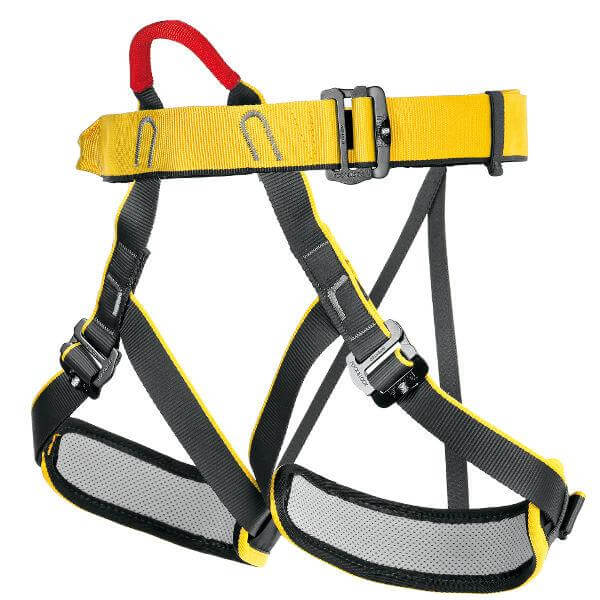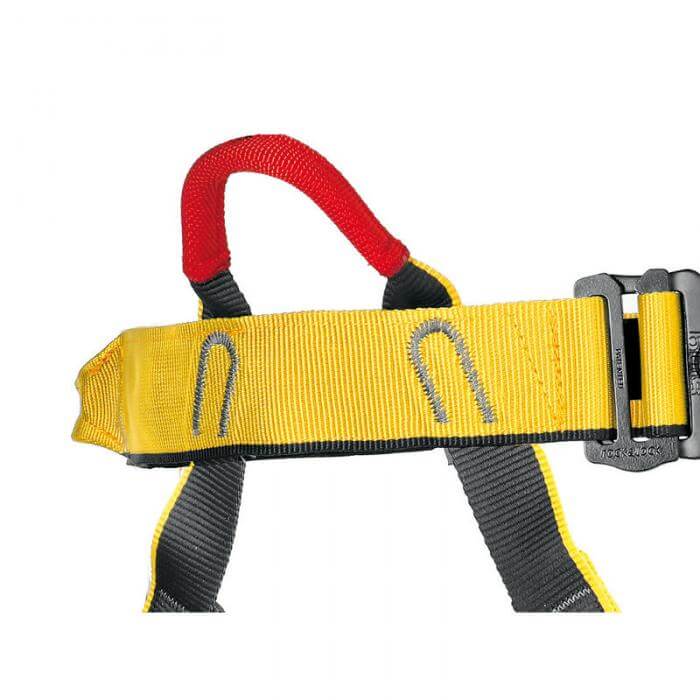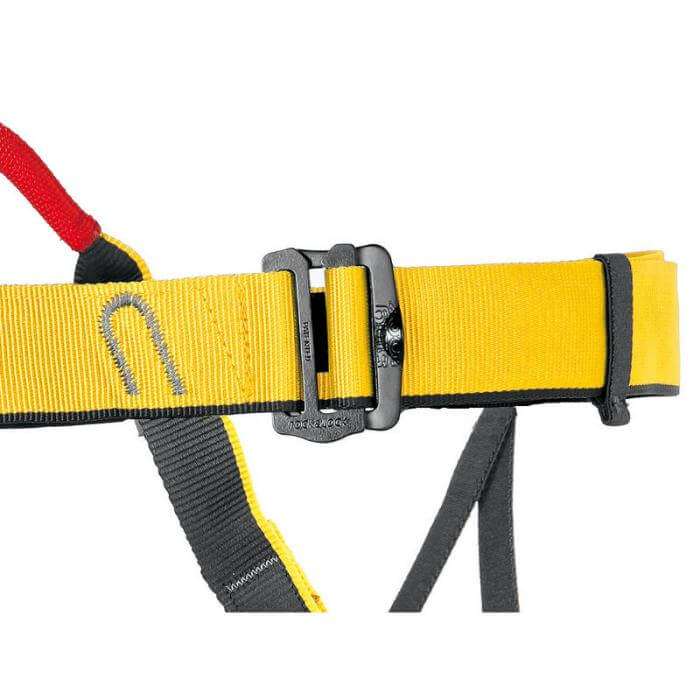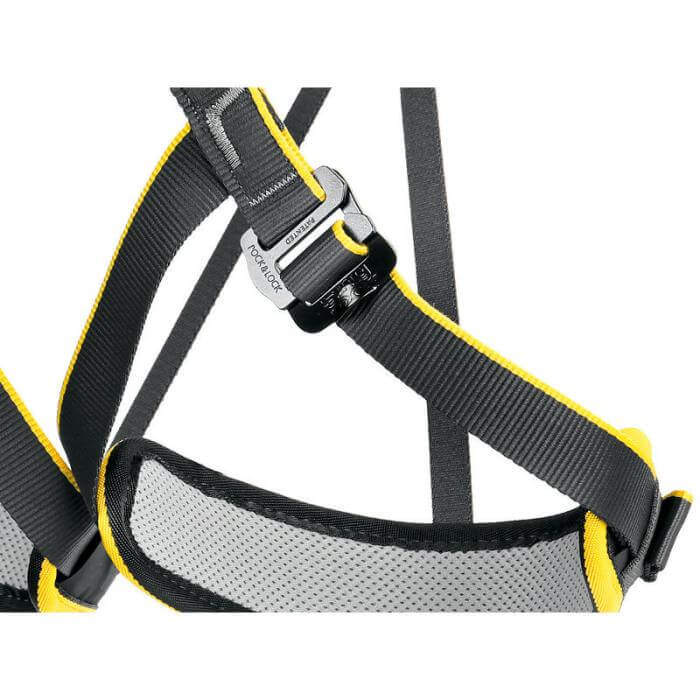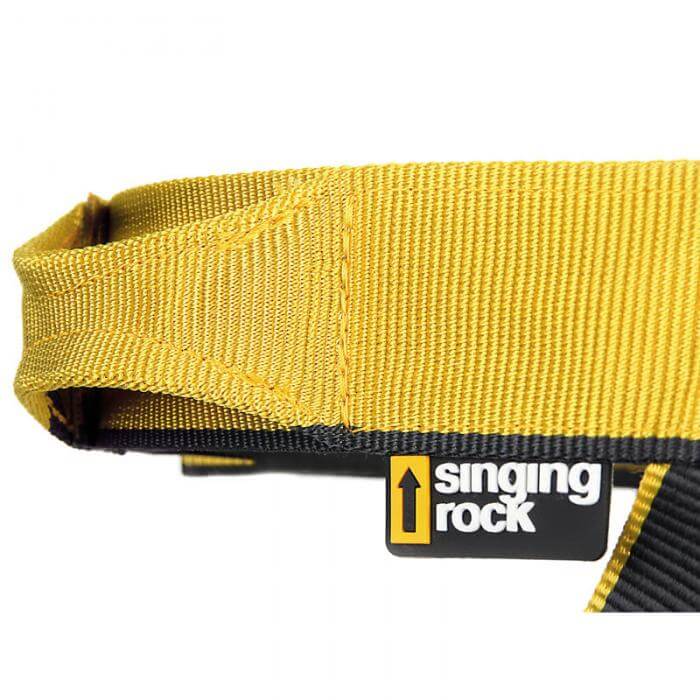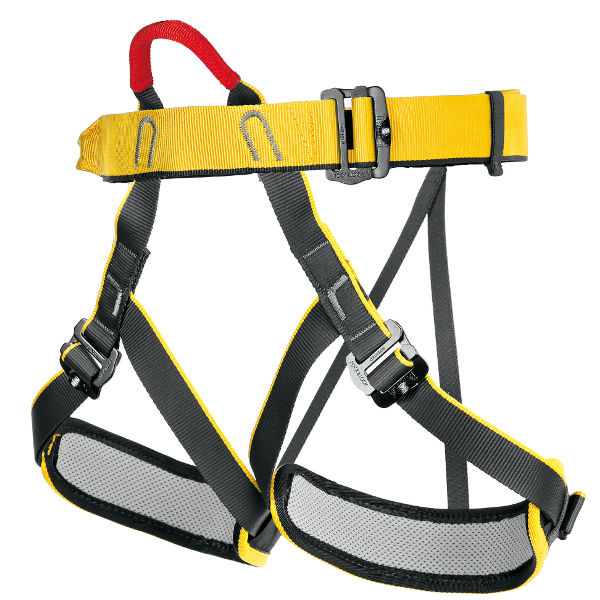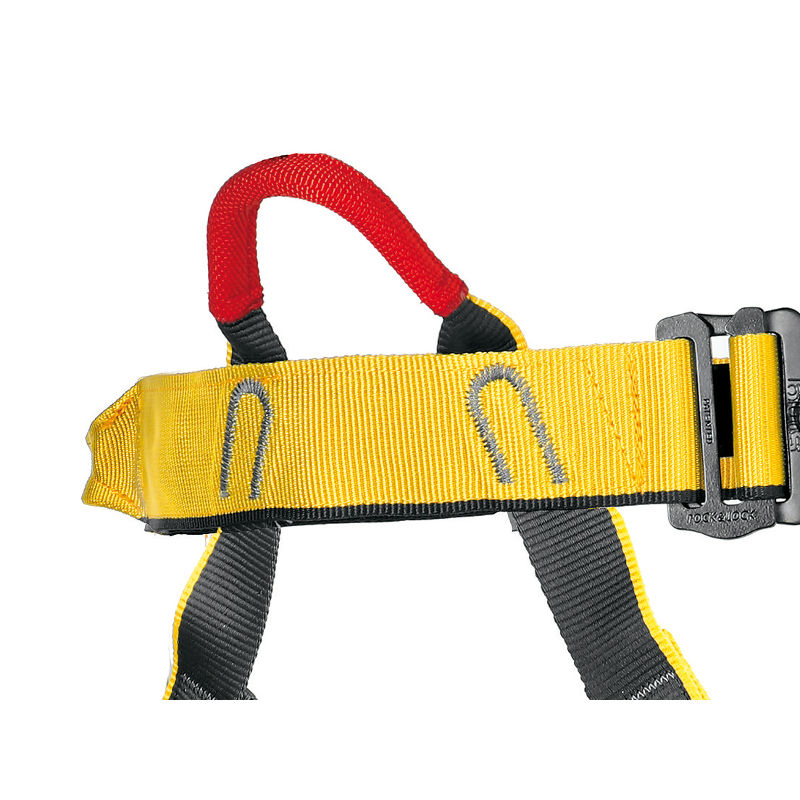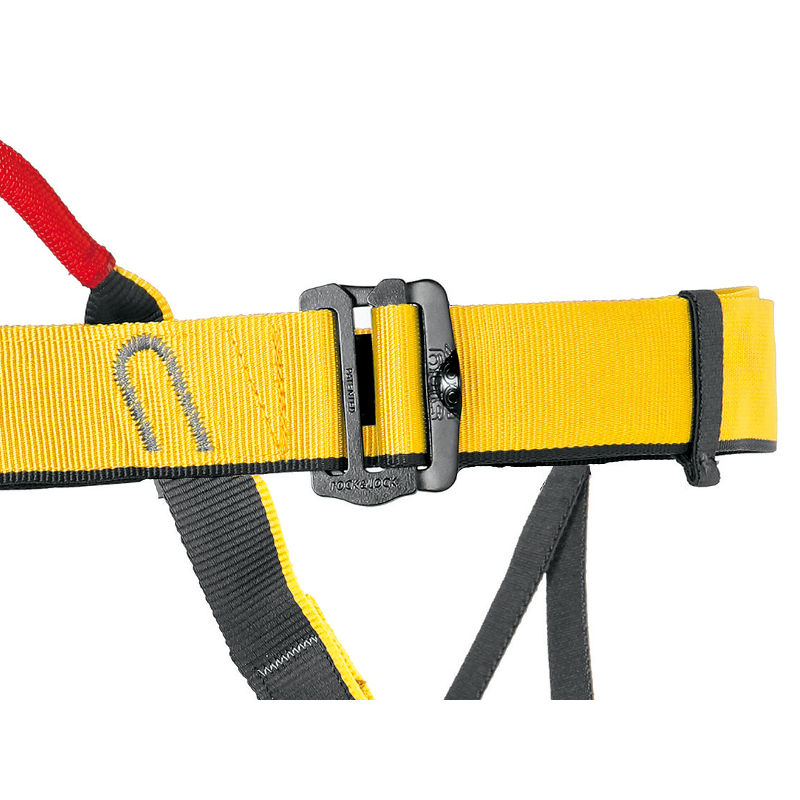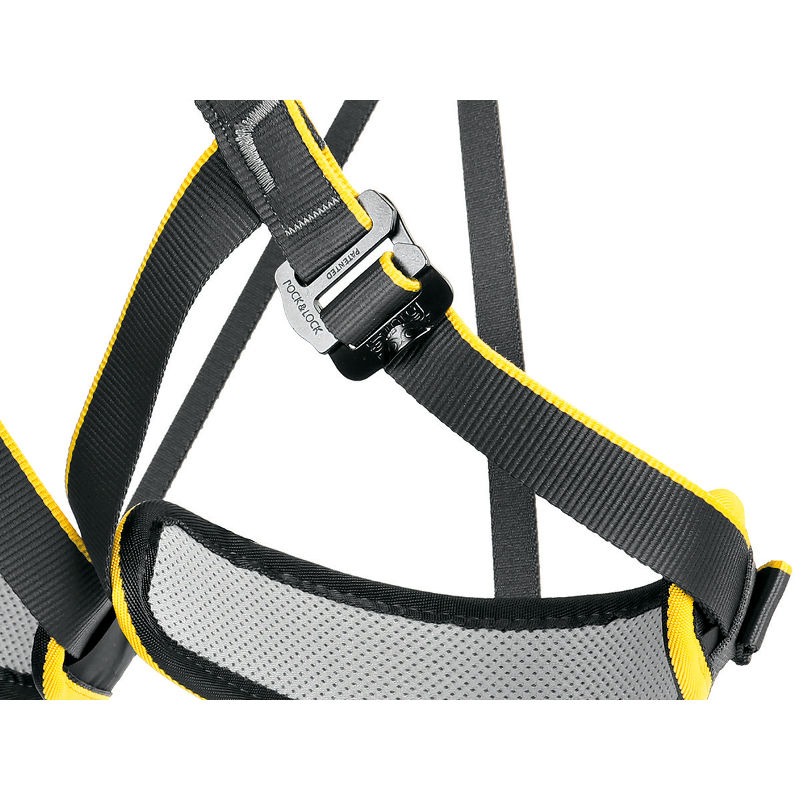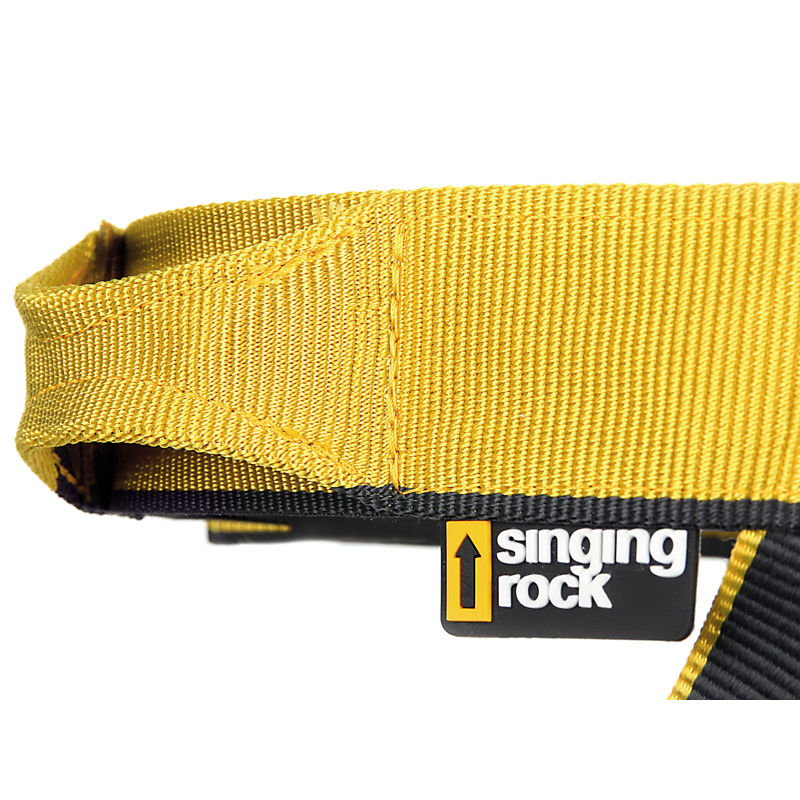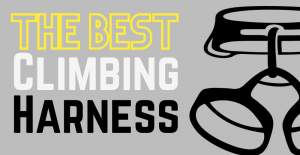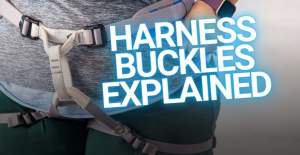Size chart and technical data of Singing Rock Harness.
Top Padded
Description
Harness with simple design and padded leg loops
mainly for climbing schools, gyms, via ferrata or glacier tours
lightweight harness with padded leg loops for higher comfort
one size fits all (from children to adults)
3 Rock&Lock smart buckles for easy and fast adjustment
adjustable leg loops with Rock&Lock buckles allow the harness
to be put on even with skis or crampons
reinforced tie-in point/belay loop for increased durability
tie-in point placed above the center of gravity prevents
the body rotation in case of fall
color belay loop for proper tie-in
attachement point with a full strength 15 kN
sewed gear loop with a load capacity 30 kg
Harness with simple design and padded leg loops
mainly for climbing schools, gyms, via ferrata or glacier tours
lightweight harness with padded leg loops for higher comfort
one size fits all (from children to adults)
3 Rock&Lock smart buckles for easy and fast adjustment
adjustable leg loops with Rock&Lock buckles allow the harness
to be put on even with skis or crampons
reinforced tie-in point/belay loop for increased durability
tie-in point placed...
Retail price
This Product is Hard to Find.
We don’t know where you can buy this item online in the US. We’ll continue to check all the major retailers and will update this page as soon as we find one.
If you know where to find this online in the US, let us know, and we’ll add the link.
Weight (g)  | 402 g One Size : 402 g / 14.2 oz |
| Fit | Unisex |
| Sizes | XS, S, M, L, XL, XXL, XXXL, 1 Size Fits All |
Gear Loops  | 1 Gear loops |
Ice Clip Slots  | No, 0 |
| Belay / Tie-In | Tie-In |
| Waist Buckle Type | Quick Adjust |
| Leg Buckle Type | Quick Adjust |
| Drop Seat | No |
Haul Loop  | No (0kN) |
| Certification | CE, EN, UIAA |
| Size Chart | One size |
No reviews yet.
If you know of a good product video that should be here, let us know, and we'll put it up.
If you're looking for gear videos in general, check out our Vimeo and YouTube channels to see the newest gear.
How to use Singing Rock harness, storage and maintenance with instructional pictures.
A pictoral representation of UIAA-105 and EN-12277 standards for harnesses.
The UIAA equipment standard provides a baseline for equipment performance in a test lab under controlled conditions on new equipment. Although these test conditions are relevant to the conditions encountered climbing, conditions encountered at the crags and the condition of the equipment are equally important. This recommendation from the UIAA member federation The British Mountaineering Council (BMC) provides vital equipment information that is NOT explicitly addressed in the standard, particularly failure modes of the equipment and recommendations for the use, inspection, maintenance, and retirement of equipment.

